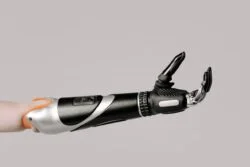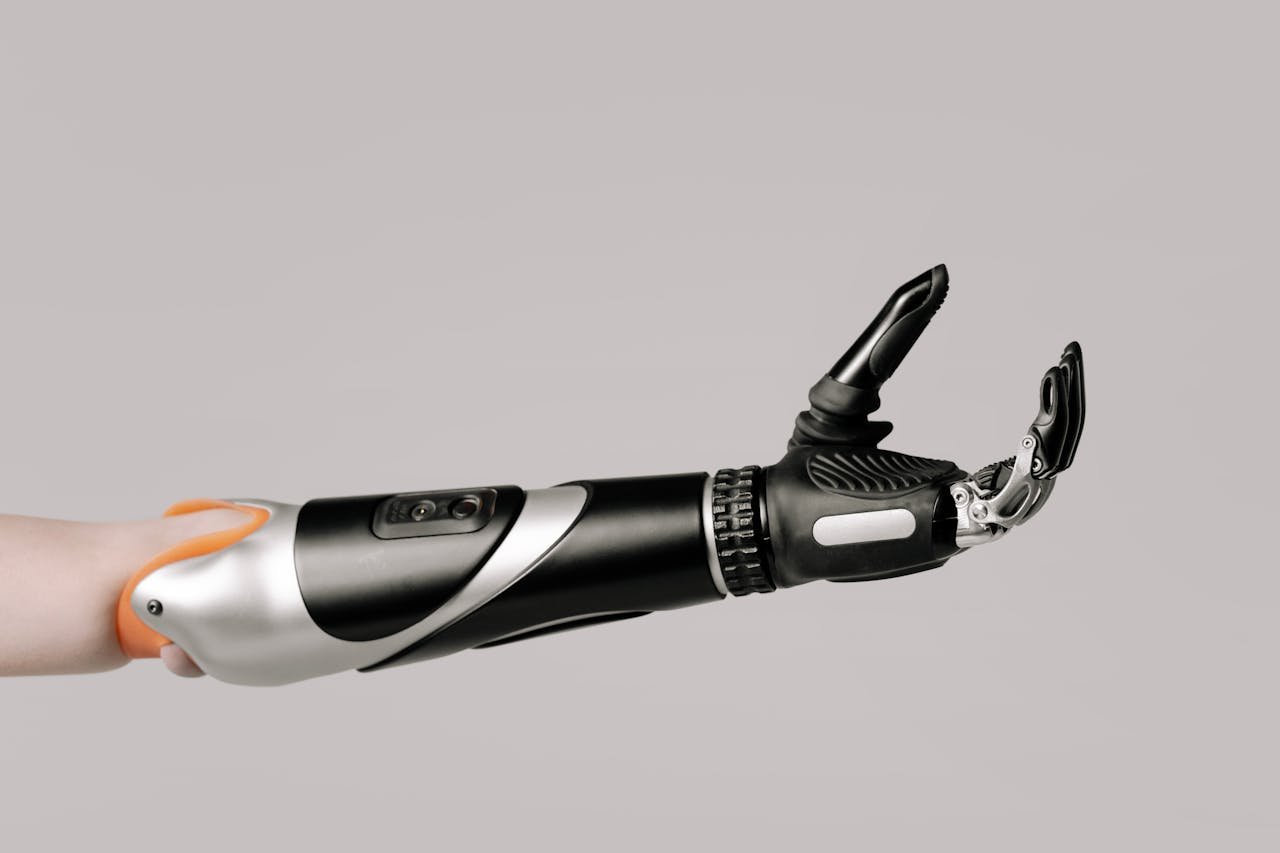As we move into 2025, the focus of healthcare is shifting from treatment to prevention. Rather than waiting for diseases to occur, technology and innovative practices are helping individuals detect health risks early, manage them proactively, and live healthier lives. Preventative healthcare is no longer just a concept — it’s becoming a reality that can save lives and reduce healthcare costs on a global scale.
In this article, we’ll explore five key innovations in preventative healthcare that are set to revolutionize how we approach our health in 2025.
1. AI and Predictive Analytics for Early Detection
Artificial intelligence (AI) is transforming healthcare by enabling early detection of diseases that were once hard to diagnose in their earliest, most treatable stages. Through advanced algorithms and big data, AI can predict health risks by analyzing patient history, genetic data, lifestyle choices, and environmental factors.
How it works:
- AI systems can process thousands of data points from wearables, medical records, and even social determinants of health to create personalized risk profiles.
- Predictive analytics are being used to identify the likelihood of developing chronic diseases like diabetes, heart disease, or even certain cancers.
- Tools like IBM Watson Health are already analyzing genetic information to predict diseases, enabling doctors to tailor interventions before symptoms appear.
Why it matters: Early diagnosis can make a huge difference in the outcome of many diseases. By identifying risks before they manifest, we can start interventions early — whether that’s lifestyle changes, medications, or regular monitoring.
💡 In 2025, AI will be an integral part of every individual’s healthcare routine, helping catch problems before they become crises.
2. Genomic Medicine: Tailored Prevention Through DNA
In 2025, genomic medicine will play a central role in personalized preventative healthcare. By understanding an individual’s genetic makeup, healthcare providers can recommend preventative measures tailored to that person’s unique genetic risks.
How it works:
- Genetic testing (such as from 23andMe or Ancestry.com) is becoming more advanced, with deeper insights into health risks tied to your DNA.
- Tests for genetic predispositions to diseases like breast cancer, Alzheimer’s, and heart disease are helping people take preventative action long before symptoms appear.
- Companies are already offering personalized healthcare plans based on genetic data, ensuring patients receive treatments and lifestyle advice that align with their biological needs.
What’s next:
- As the technology becomes more affordable, genetic screening will become part of routine healthcare, giving everyone access to preventative advice based on their DNA.
- CRISPR technology is being explored for its potential to edit genes and eliminate inherited conditions before they become a problem.
🧬 Imagine a world where your healthcare plan is tailored to your genes, optimizing your longevity and reducing your risk for preventable diseases.
3. Remote Health Monitoring and Telehealth for Continuous Care
One of the most significant shifts in healthcare is the rise of remote health monitoring. With the help of wearables, sensors, and telehealth platforms, patients can continuously track their health and get real-time feedback from healthcare providers, making it easier to monitor chronic conditions and prevent complications before they arise.
What’s happening:
- Devices like smartwatches and fitness trackers can monitor heart rate, blood pressure, glucose levels, sleep patterns, and activity levels, offering insights that help manage chronic conditions like hypertension, diabetes, and asthma.
- Telehealth platforms allow patients to check in with doctors virtually, receive prescriptions, and discuss health concerns without the need for in-person visits, offering a convenient preventative care option.
- AI-powered tools provide automated health alerts, prompting users to take necessary actions if readings indicate a risk or abnormality.
Why it works: Remote monitoring allows for continuous care without requiring frequent hospital visits. It helps individuals stay on top of their health in real-time, and any issues that arise can be addressed before they lead to a more serious condition.
🌍 Remote healthcare is becoming a staple, making preventative care more accessible and proactive than ever before.
4. Digital Therapeutics and Mobile Health Apps
The growing number of digital therapeutics (DTx) and health apps available today is empowering individuals to take control of their health by offering tailored interventions, education, and support for managing their conditions.
How it works:
- Digital therapeutics are software-driven treatments designed to prevent, manage, or treat diseases. These could include apps for mental health support, chronic pain management, or weight loss, offering patients personalized care plans.
- Some apps help with smoking cessation, diabetes management, and chronic disease prevention by providing interactive tools, educational content, and tracking features.
- Many apps are now being FDA-approved for medical use, providing evidence-based interventions to prevent or treat specific conditions.
What’s next:
- In 2025, expect even more FDA-approved apps for various health conditions, allowing patients to receive therapy and preventative care directly through their phones.
- Healthcare providers will increasingly recommend digital therapeutics as part of integrated care plans, helping people proactively manage their health.
📱 Mobile health apps will become an essential tool in the prevention and management of chronic diseases, allowing users to take charge of their health on-the-go.
5. Health Coaching and Wellness Programs
As more people turn to preventative healthcare, health coaching is becoming an increasingly popular method of maintaining overall well-being. Health coaches are now helping people improve their lifestyles by offering personalized advice on diet, exercise, stress management, and sleep.
What’s happening:
- Health coaches work with clients to create personalized wellness plans that focus on the root causes of health issues rather than just symptoms.
- Corporate wellness programs are being implemented globally, focusing on stress management, employee wellness, and overall mental and physical health to prevent burnout and promote long-term productivity.
- Health coaches are using advanced digital tools to track progress, offer virtual coaching sessions, and support clients in making sustainable, health-conscious decisions.
Why it matters: Health coaching offers a holistic approach to wellness, helping individuals create lasting changes in their lifestyle that prevent the onset of disease. With more accessible coaching programs, people are taking a proactive approach to their health before issues arise.
🧑⚕️ The health coaching industry is growing fast as more individuals and organizations recognize the value of proactive, personalized care.
Final Thoughts: Preventative Healthcare is the Future
Preventative healthcare is quickly becoming the norm rather than the exception. As technology continues to evolve, we’re moving closer to a world where people can detect health issues before they become problems and take proactive steps to optimize their well-being.
From AI-driven predictive tools to personalized nutrition and digital therapeutics, 2025 will be a pivotal year for preventative healthcare, providing individuals with the tools they need to manage their health effectively.
In a world where prevention is better than cure, now is the perfect time to embrace the innovations that will empower you to take control of your health for a longer, healthier life.







